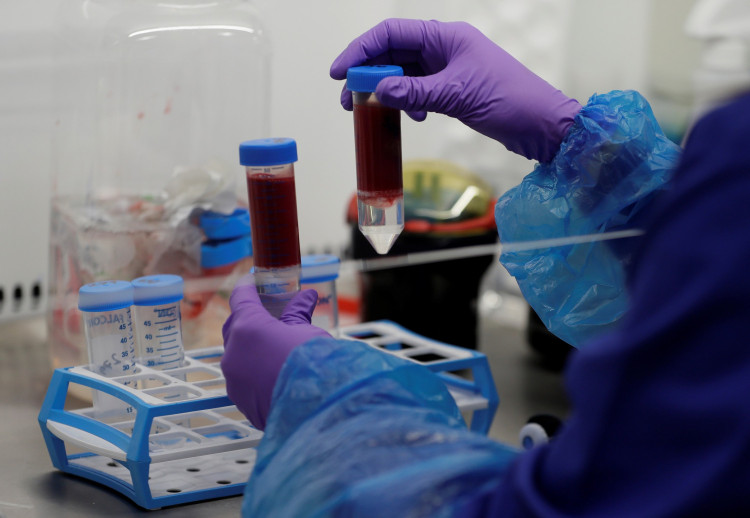Another clinical study adds to the growing body of medical literature strongly suggesting COVID-19 might also cause brain damage among people that have recovered from the disease.
A study by researchers at University College London (UCL) published in the journal, Brain, this week warns there might soon be a surge in cases of coronavirus-related brain damage among recovering patients. The study noted the evidence it uncovered suggesting COVID-19 can lead to severe neurological complications such as inflammation, psychosis and delirium.
The small study involved 43 patients that suffered temporary brain dysfunction, strokes, nerve damage and other serious brain issues. While limited in scope, the study nonetheless reveals the frightening possibility a wave of brain damage linked to the disease might be in the offing worldwide.
"Whether we will see an epidemic on a large scale of brain damage linked to the pandemic -- perhaps similar to the encephalitis lethargica outbreak in the 1920s and 1930s after the 1918 influenza pandemic -- remains to be seen," said Dr. Michael Zandi, from UCL's Institute of Neurology, who co-led the study.
The encephalitis lethargica wave a century ago was horrifying. Also known as "sleepy sickness," encephalitis lethargica attacks the brain. It leaves some victims in a statue-like condition, speechless and motionless.
From 1915 and 1926, an epidemic of encephalitis lethargica spread around the world. It affected some five million people, a third of whom died in the acute stages.
The UCL study mentioned nine patients with brain inflammation who were diagnosed with a rare condition called acute disseminated encephalomyelitis (ADEM). This rare autoimmune disease is identified by sudden, widespread attacks of inflammation in the brain and spinal cord. It's usually seen in children and can be triggered by viral infections.
The UCL researchers said their doctors normally see only one adult patient with ADEM per month at their London clinic. Post COVID-19, however, this total has risen to at least one a week. The study described this spike as "a concerning increase."
"Given that the disease has only been around for a matter of months, we might not yet know what long-term damage COVID-19 can cause," said Ross Paterson, who co-led the study. He said doctors need to be aware of possible neurological effects. He noted early diagnosis can improve patient outcomes.
The UCL study reinforces emerging evidence underlining the need for large, detailed studies and global data collection to assess how common are the neurological and psychiatric complications associated with COVID-19 infections.
Some scientists have long suspected COVID-19 causes respiratory failure and death not by damaging the lungs, but the brain. Other symptoms of this brain damage include headaches, strokes and seizures.
In addition to the UCL study, there are more than 300 studies from around the world that have found a prevalence of neurological abnormalities in COVID-19 patients. These abnormalities range from mild symptoms like headaches, loss of smell (anosmia) and tingling sensations (arcoparasthesia) to more severe outcomes such strokes and seizures.
It's now recognized SARS-CoV-2 (severe acute respiratory syndrome coronavirus 2), the virus that causes COVID-19, which is largely considered a respiratory disease, can also damage the heart, kidneys, liver, and practically every organ system in the body.






